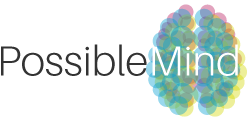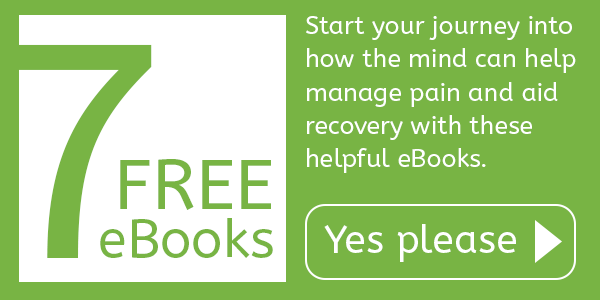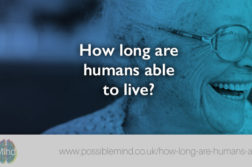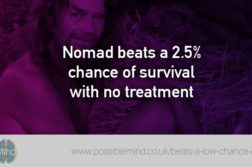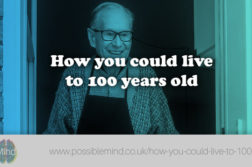How real is the placebo effect? Can a pill actually cure an ailment, even if that pill contains no medicine at all? Our Cover Story is reported by our Susan Spencer:
You may know it from those mildly embarrassing TV ads. But Linda Buonanno knows it from daily life. She has struggled with IBS — Irritable Bowel Syndrome — for two decades.
“It’s horrible. Sometimes I could be fast asleep and wake up out of a dead sleep at 6:00 in the morning and just keel over in pain,” she said.
Desperate for relief, she responded immediately when she learned of a new study at Boston’s Beth Israel Deaconess Medical Center.
“I made an appointment, and I went down there,” she told Spencer.
Buonanno came home with fingers crossed, and a three-week supply of pills. The results seemed miraculous. “As the days went on after a week, I kept feeling better and better. Now I’m thinking, ‘What’s in this?’”
So what WAS the special something in those pills? It was … absolutely nothing. Linda was taking placebos, containing no real medication at all.
What makes her story even more astonishing is that, unlike traditional experiments with placebos, she was TOLD she was taking placebos!
“I remember the first day I took it, I said, ‘Why am I even taking this? You know, it’s like a waste of my time,’” Buonanno said. “But when I saw that I felt better, I’m thinking, ‘Well, maybe he just told me it was a placebo. And it’s a new medication they’re trying out and didn’t want me to know!’”
Ted Kaptchuk, a professor at Harvard Medical School who ran the experiment, said his colleagues initially thought he was crazy at the beginning of the study. But it worked: He says roughly 60 percent of the subjects in his study reported getting better, even though they knew they were taking a placebo.
A placebo, Kaptchuk explained, is an inert substance, usually something like cellulose, starch or sugar. But the “placebo effect” goes well beyond the actual pill.
“Placebo effect is everything that surrounds that pill — the interaction between patient, doctor or nurse,” Kaptchuk said. “It’s the symbols, it’s the rituals. These are powerful forces.”
Doctors have understood the power of placebos at least since they were first used in clinical trials in the ‘50s, but fake pills work only in certain cases.
“There are a lot of illnesses you don’t give placebos for, [like]cancer, lowering cholesterol,” Kaptchuk said. “Basically the scope where a placebo effect is relevant is any symptom that the brain can modulate by itself.”
In those cases, just making an appointment, going to a doctor and taking a pill suggests something may happen.
Dr. Arthur Barsky, a psychiatrist at Brigham and Women’s Hospital in Boston, says that people will report some symptomatic relief from taking a substance that is not biologically active about 35 percent of the time. “It’s very impressive.”
He says people even report side effects from placebos. Clearly we are highly-suggestible creatures.
“There are some studies, for example, with asthma, [where]you can provoke an asthmatic attack by showing someone a pollen that they’re allergic to, but it’s in a sealed jar,” said Dr. Barsky. “I had a patient who had allergic dermatitis to cats. And she saw a cat on the television screen … and started to itch.”
Aware of the power of the mind, as many as half of all American doctors admit to having prescribed some form of placebo, according to a 2008 BMJ study.
